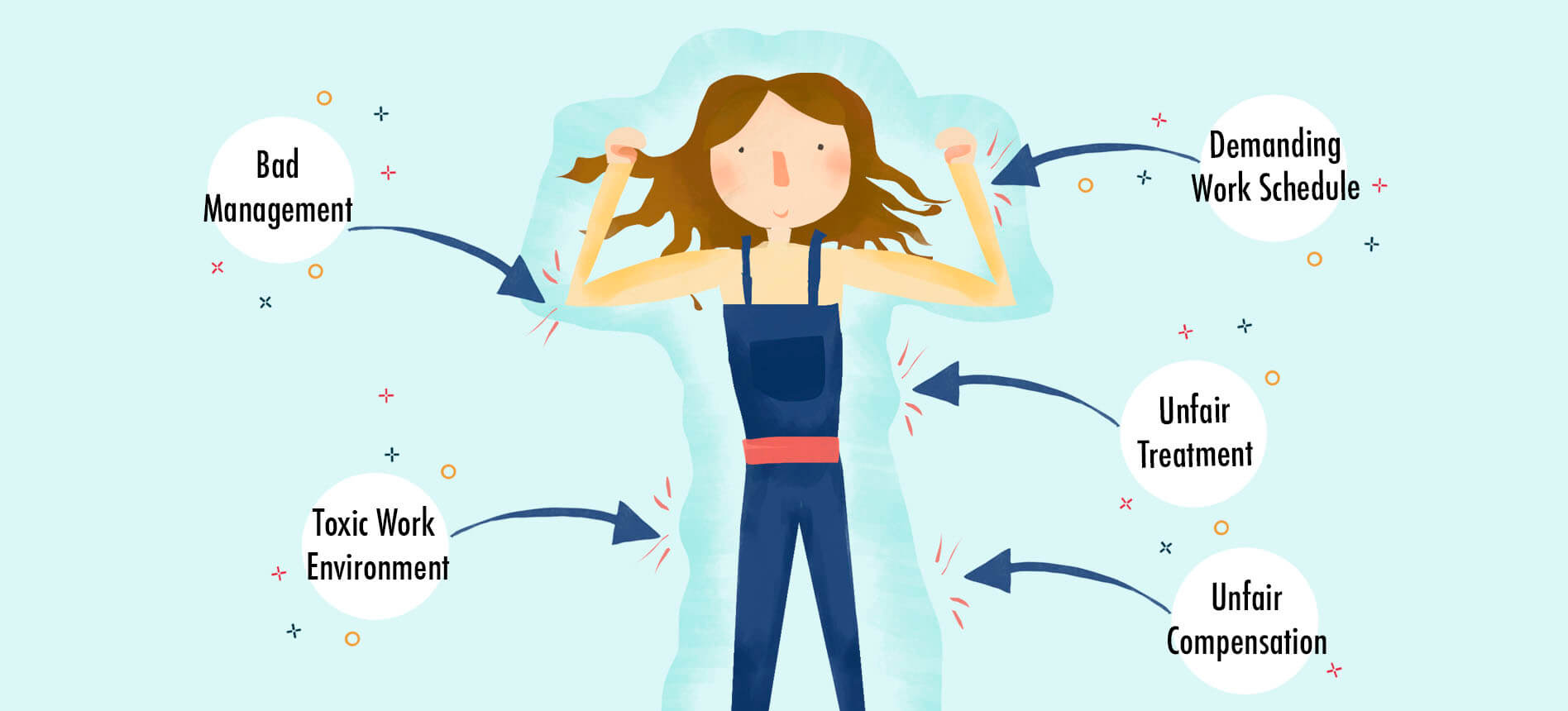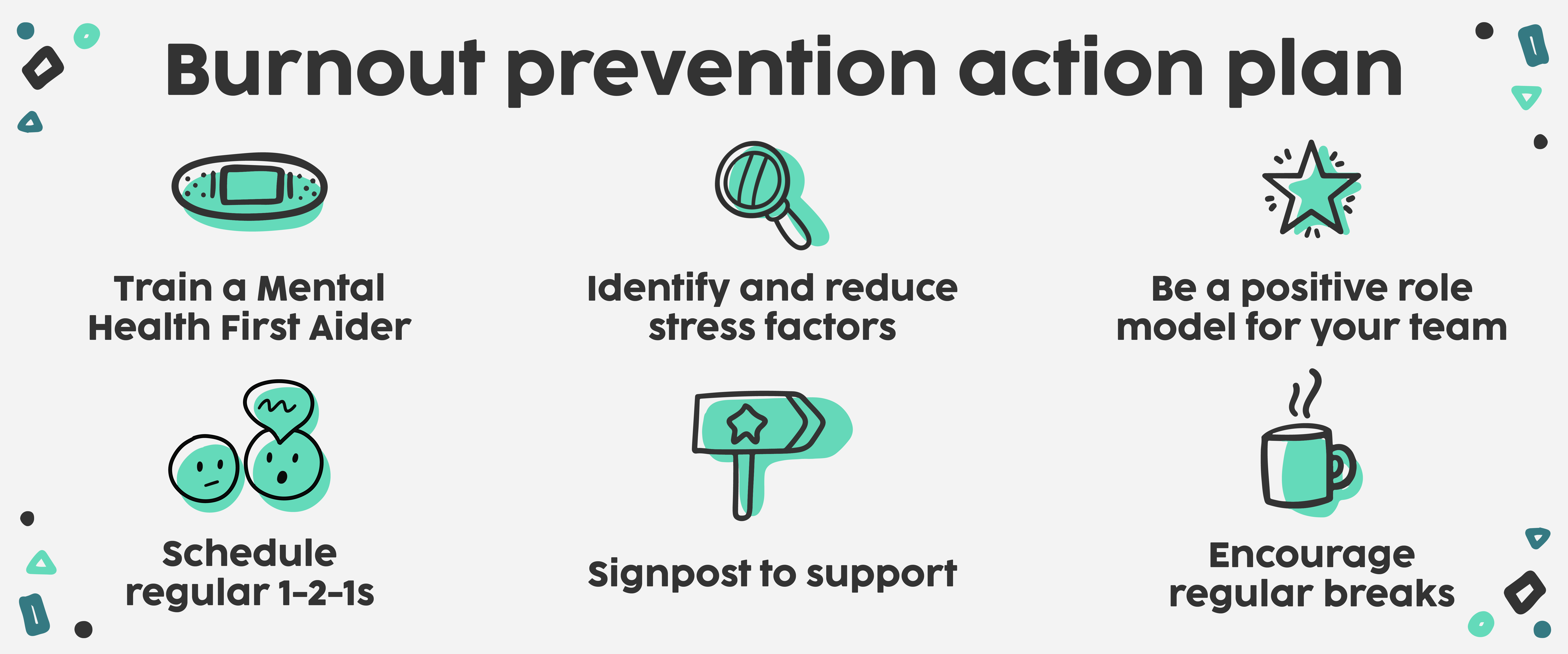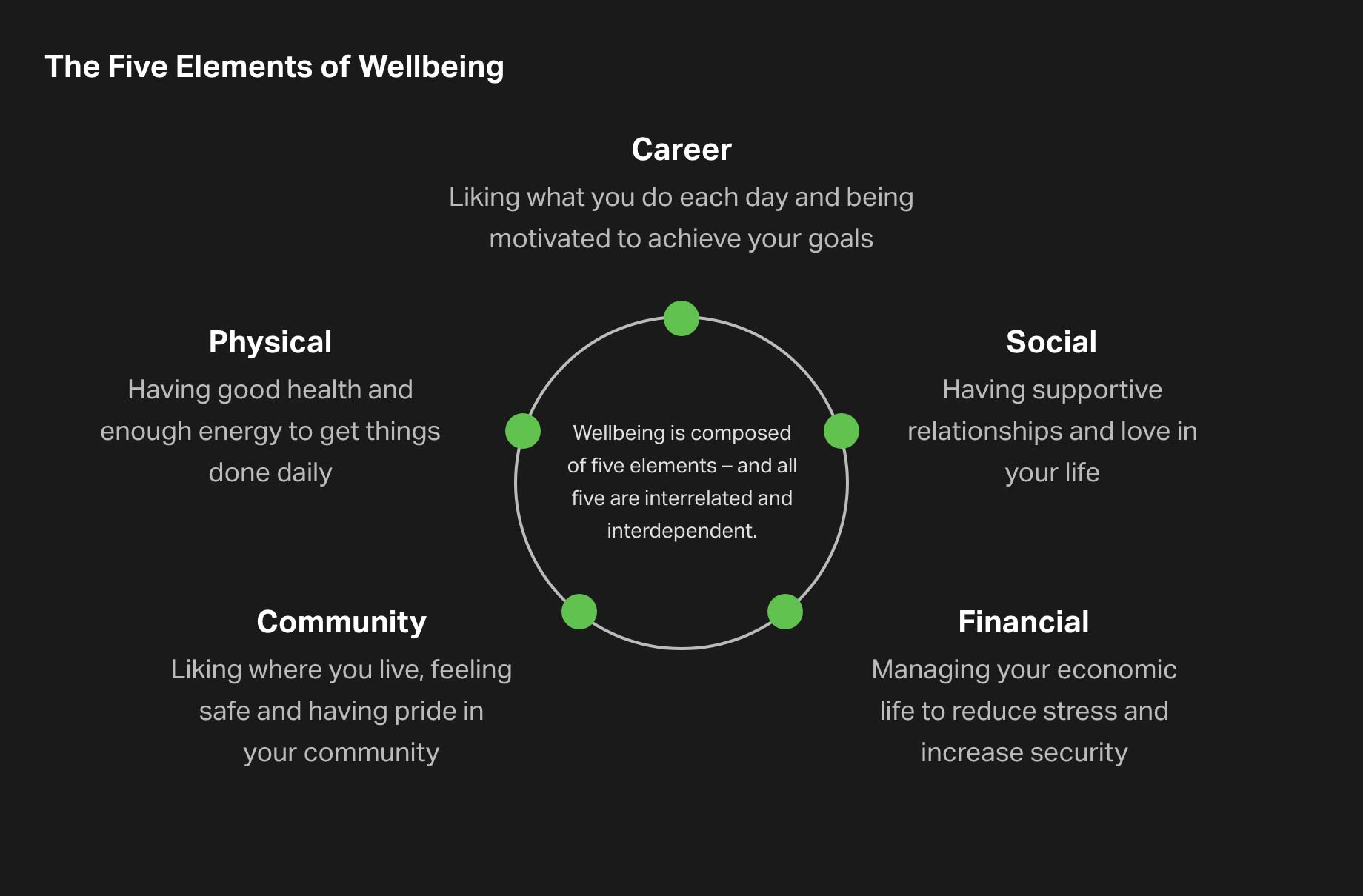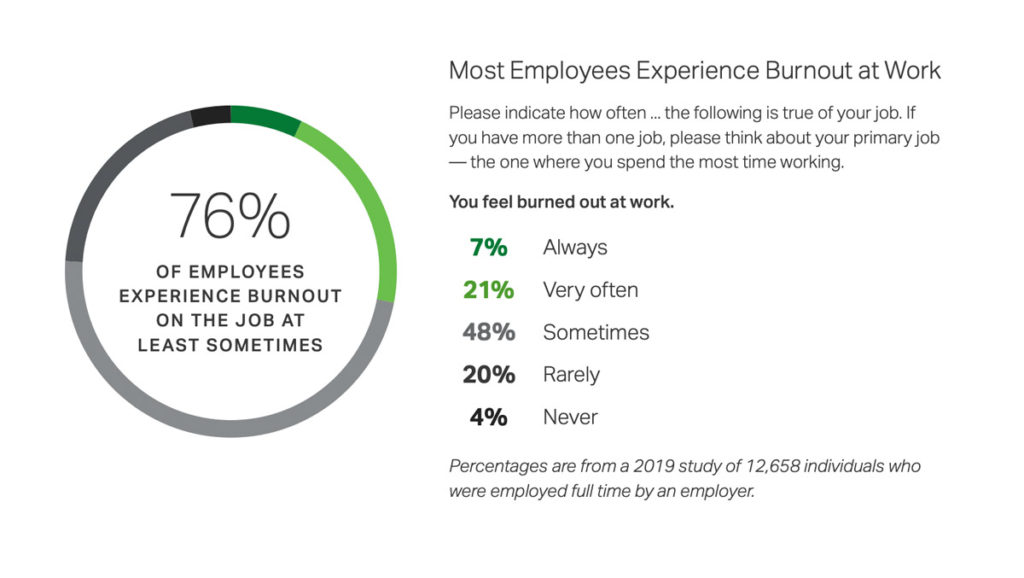A recent in-depth investigation has unveiled a striking contrast in employee well-being between two distinct nations: India and Cameroon. In India, a staggering 59% of employees grapple with the debilitating symptoms of burnout in their workplaces. In contrast, the figure drops to a mere 9% in Cameroon. This stark dichotomy emphasizes the significant global prevalence of employee burnout symptoms, which stands at 22%.

The What, How, and Where of the Study
This eye-opening exploration encompassed an extensive survey conducted among more than 30,000 employees spanning 30 diverse countries. The findings were nothing short of revelatory, shedding light on a crucial correlation between positive work experiences and overall health, innovation, and professional performance.
Remarkably, the study divulged that favourable holistic health for employees is closely associated with workplace enablers, while the ominous spectre of burnout is primarily driven by workplace demands, as revealed by the researchers.
Delving further into the particulars, the investigation was carried out under the auspices of the McKinsey Health Institute (MHI), although the exact timeline of the research remains undisclosed.

A Glimpse into the Global Landscape
The global panorama of employee well-being is as diverse as the cultures it represents. Strikingly, over half of the employees surveyed across these 30 nations reported positive scores for their overall holistic health. Nevertheless, significant disparities emerged among the countries. Japan, for instance, recorded the lowest percentage of positive scores, a meagre 25%, while Turkey soared to the top with a remarkable 78% of employees reporting positive scores.
The study also delineated a more nuanced perspective, revealing that the largest proportion of positive scores among respondents was attributed to physical health, with a remarkable 70%. Mental and social health also fared reasonably well, with approximately two-thirds of global employees reporting positive scores. However, spiritual health appeared to lag behind, with only 58% of respondents marking positive scores.

Unveiling the Demographic Divide
When dissecting the data by demographics, a notable pattern emerged. Individuals in the age group of 18 to 24 had the lowest scores for holistic health. Furthermore, the size of the employer's establishment played a pivotal role in this narrative, with employees in larger companies, boasting more than 250 workers, consistently reporting higher holistic health scores compared to their counterparts in smaller firms.

Unravelling the Complexity of Job Roles
Intriguingly, the study brought to light the intriguing relationship between job roles and holistic health. Managers emerged as the champions of well-being, displaying the highest holistic health scores. Conversely, employees in other roles reported comparatively lower scores for holistic health.
In conclusion, this comprehensive study uncovers a tapestry of employee well-being across the globe, illuminating the striking disparities and the multifaceted factors influencing holistic health and burnout symptoms. As organizations and nations grapple with the complex challenge of nurturing a healthy workforce, these findings provide valuable insights for fostering well-being in diverse work environments.
© Copyright 2023. All Rights Reserved Powered by Vygr Media.























